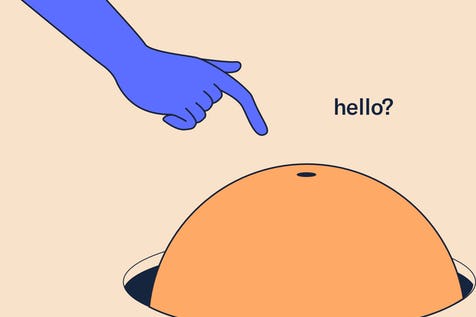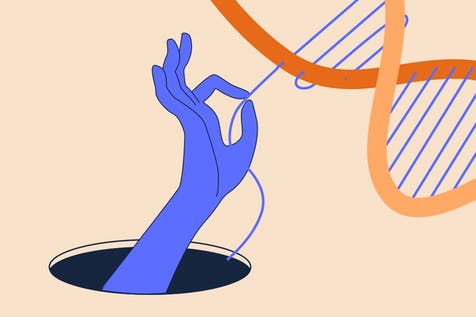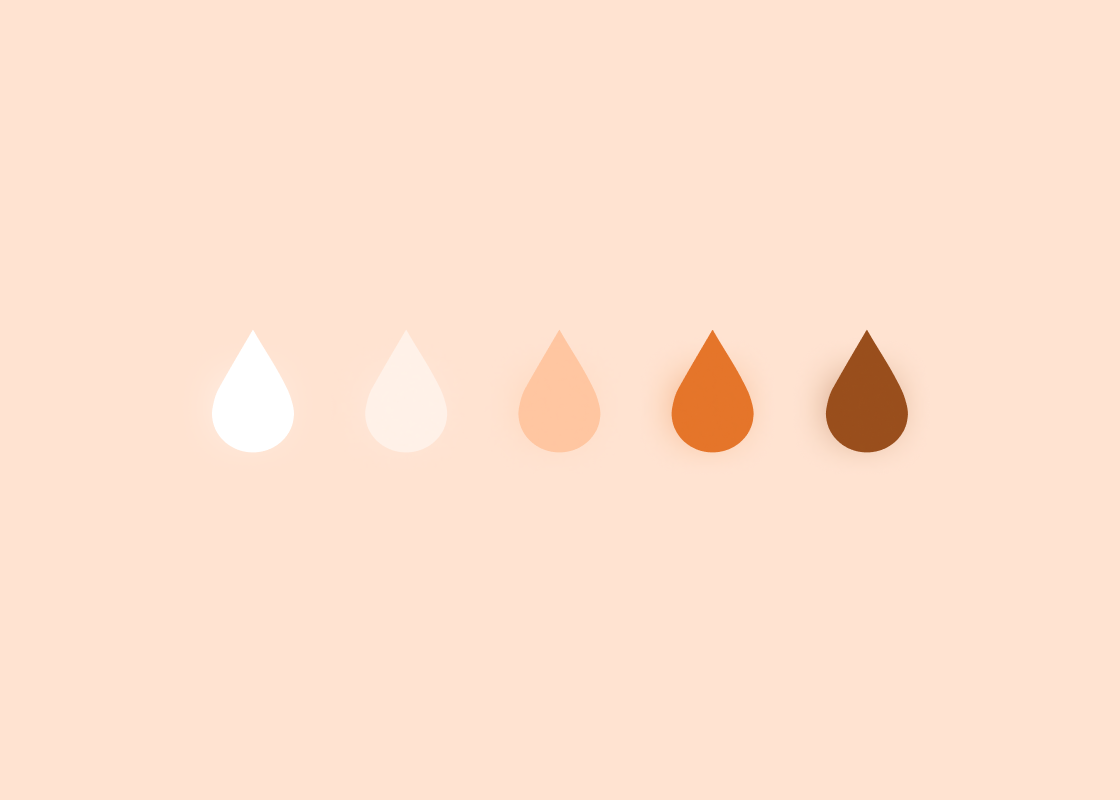Today, we’re talking to Rebekah, who was diagnosed with premature ovarian insufficiency (POI) in her early 30’s, after experiencing irregular periods. Rebekah was told her ovaries had begun to fail as her levels of estrogen and progesterone had declined.
POI affects 1 in 100 women [1] before the age of 40. In women with POI, the ovarian function can, however, fluctuate, so there is a small chance that ovulation may occur. This may lead to a pregnancy and approximately 5-10% of women with POI may conceive [1].
POI may be caused by an auto-immune disease, genetics, and infections. It can also be brought on by removing the ovaries before the age of 40, or cancer treatments [2]. In 90% of cases, doctors don’t know why POI starts [3].
In this blog post, Rebekah shares her story and offers advice to other women who may be wondering if they’re experiencing POI.
How did you react when you were first diagnosed?
I remember being in the examination room with the nurse after she’d carried out an ultrasound of my uterus. She told me that I was no longer producing follicles on my ovaries, and therefore, no longer ovulating.
I can recall crying, feeling numb, and being in shock. I expected to need medication to kick start ovulation, but I didn’t expect to be told that my ovaries had stopped working altogether. I was told that my fertility had reduced to 5% and if I wanted to conceive again I would need to use a donor egg.
How was the support you received from medical professionals during your diagnosis and afterwards?
At the time of being diagnosed, the nurse was very supportive. She sat with me and delayed her other appointments to talk me through my POI diagnosis.
Three months after being told that my ovaries were no longer producing eggs, I began to get other symptoms of POI, such as hot flushes and short term memory loss. Knowing that I was experiencing other POI symptoms, I spoke to my doctor. At first, I felt as though my doctor was empathic and took the time to listen to me. I remember her stating that, due to my age, I would need to take Hormone Replacement Therapy (HRT) to protect me from any other health complications. Hearing that you need to take HRT when you’re in your early 30’s is a shock. I asked if I would be able to speak to her further about HRT before I started to take it. She agreed at the time, however, when I spoke to her again she was more interested in prescribing the tablets than talking. This left me feeling ignored and slightly silly for wanting to talk about it further.
In subsequent appointments with my doctor, I have felt rushed and sometimes an inconvenience. It got to the point where I told my doctor that I felt rushed, only then did she slow down and take the time to explain things to me.
What’s it like living with POI?
I feel very fortunate, as now I’m on HRT, I don’t have hot flushes and don’t have any other symptoms.
I think the hardest part for me is no longer having regular cycles and being able to experience natural periods. I believe I took my natural cycle for granted. I found bleeding every month to be frustrating and annoying. Now I no longer have natural cycles, I feel as though a small part of my femininity has been taken away.
It’s also frustrating to still have bleeds whilst on HRT, it feels so unnecessary. You know you’re not experiencing natural periods, yet your body still decides to bleed every few weeks. I’ve recently had the coil inserted to see if I can reduce or stop my bleeds.
In light of your experience with POI, is there any advice you would give to your younger self?
I do wonder whether taking contraception throughout my life led me to not notice my irregular periods and possibly delayed me getting treatment. I would have loved to have had more time to explore holistic and herbal treatments to have treated my irregular periods.
I also wonder whether the use of tampons and pads that contain chemicals had an effect on my health. I would definitely advise my younger self to use reusable or organic period protection. I understand that research currently does not support this, however, it doesn’t stop me from wondering.
For anyone who may be concerned about irregular periods or other signs of POI, go and speak to your doctor. Keep a record of your cycles and any other symptoms so you are prepared and can give accurate information. Don’t be embarrassed, it’s better to get help, treatment, and support, than to suffer.
References
1. Daisy Network. What is POI? Article consulted on Dec. 8th 2020 and available from: https://bit.ly/3409Aec
2. National Health Service. Early Menopause. Reviewed December 2017 and consulted on Dec. 8th 2020. Available from: https://bit.ly/3qUQgca
3. MedlinePlus. Primary Ovarian Insufficiency. Reviewed November 2020 consulted on Dec. 8th 2020. Available from: https://bit.ly/3m9Zcqm







